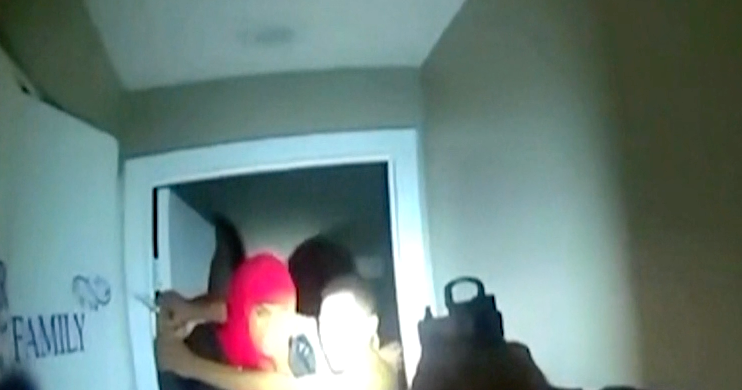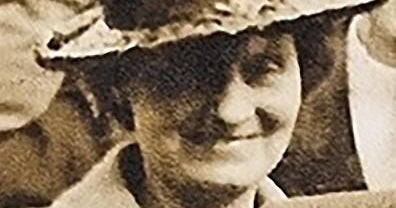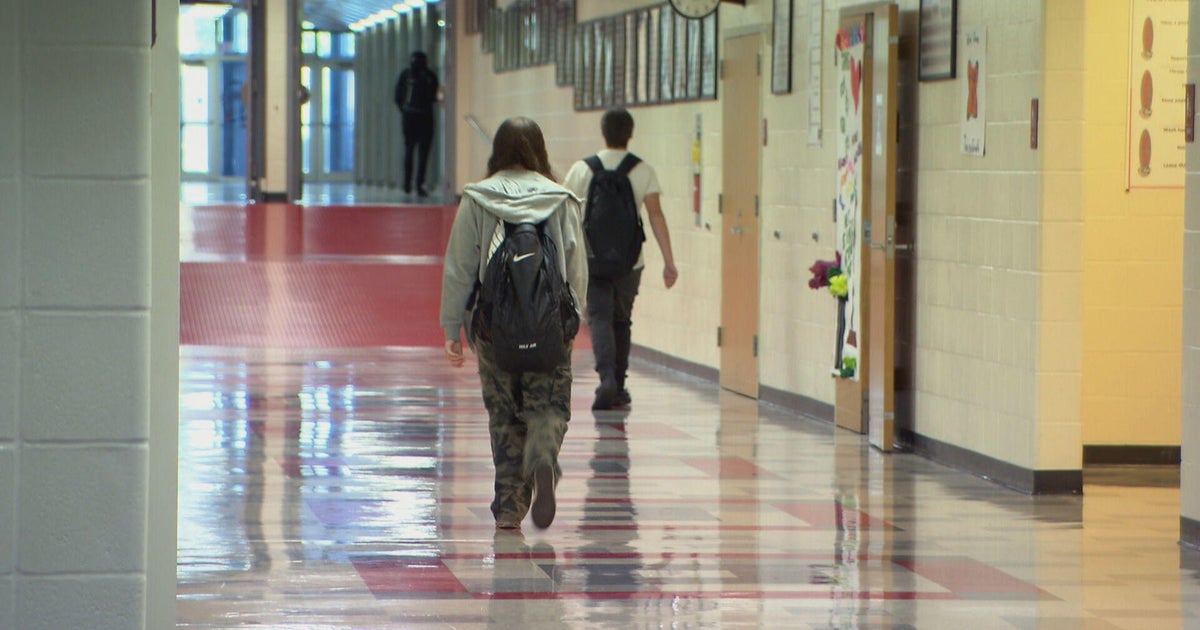Worker warned hotel before Las Vegas shooter opened fire on crowd
LAS VEGAS -- A maintenance worker said Wednesday he told hotel dispatchers to call police and report a gunman had opened fire with a rifle inside the Mandalay Bay Resort and Casino hotel before the shooter began firing from his high-rise suite into a crowd at a nearby musical performance.
The revised timeline has renewed questions about whether better communication might have allowed police to respond more quickly and take out the gunman before he committed the deadliest mass shooting in modern U.S. history.
Worker Stephen Schuck says he was checking out a report of a jammed fire door on the 32nd floor of Mandalay Bay when he heard gunshots and a hotel security guard, who had been shot in the leg, peeked out from an alcove and told him to take cover.
"As soon as I started to go to a door to my left the rounds started coming down the hallway," Schuck said. "I could feel them pass right behind my head.
"It was kind of relentless so I called over the radio what was going on," he said. "As soon as the shooting stopped we made our way down the hallway and took cover again and then the shooting started again."
Police said Monday they believe gunman Stephen Paddock shot a hotel security guard through the door of his suite six minutes before he unleashed a barrage of bullets into the crowd of concert-goers, killing 58 people and injuring hundreds more.
The injured guard used his radio and possibly a hallway phone to also call hotel dispatchers for help.
That account differs dramatically from the one police gave last week when they said Paddock fired through the door of his room and injured the unarmed guard after shooting into the crowd.
The company that owns Mandalay Bay has questioned the new timeline.
"We cannot be certain about the most recent timeline," said Debra DeShong, a spokeswoman for MGM Resorts International. "We believe what is currently being expressed may not be accurate. This remains an ongoing investigation with a lot of moving parts."
Las Vegas police did not respond Tuesday night to questions about the hotel's statement.
"Our officers got there as fast as they possibly could and they did what they were trained to do," Las Vegas assistant sheriff Todd Fasulo said earlier Tuesday.
Gunshots can be heard in the background as Schuck reported the shooting on his radio, telling a dispatcher: "Call the police, someone's firing a gun up here. Someone's firing a rifle on the 32nd floor down the hallway."
It was unclear if the hotel relayed the information to Las Vegas police, who did not respond to questions from The Associated Press about whether hotel security or anyone else in the hotel called 911 to report the gunfire.
Joseph Giacalone, a professor at John Jay College of Criminal Justice and a retired New York City police sergeant, said the new timeline "changes everything."
"There absolutely was an opportunity in that timeframe that some of this could've been mitigated," he said.
Nicole Rapp, whose mother was knocked to the ground and trampled at the country music concert said she's "having a hard time wrapping my head around" why police changed the timeline of the shooting.
"It's very confusing to me that they are just discovering this a week later," she said. "How did we not know this before? It's traumatic for the victims and their families not to be sure of what happened."
The six minutes that passed between the hallway shooting and the start of the shooting into the crowd wouldn't have been enough time for officers to stop the attack, said Ron Hosko, a former FBI assistant director who has worked on SWAT teams. Rather than rush in without a game plan, police would have been formulating the best response to the barricaded gunman, he said.
"Maybe that's enough time to get the first patrolman onto the floor but the first patrolman is not going to go knock on that customer's door and say 'What's going on with 200 holes in the door?'" Hosko said.
Undersheriff Kevin McMahill defended the hotel and said the encounter that night between Paddock and the security guard and maintenance man disrupted the gunman's plans. Paddock fired more than 1,000 bullets and had more than 1,000 rounds left in his room, the undersheriff said.
"I can tell you I'm confident that he was not able to fully execute his heinous plan and it certainly had everything to do with being disrupted," McMahill said. He added, "I don't think the hotel dropped the ball."
Law enforcement tells CBS News they're getting "a very good response" to billboards asking the public for help with information about Paddock and the shooting massacre.




